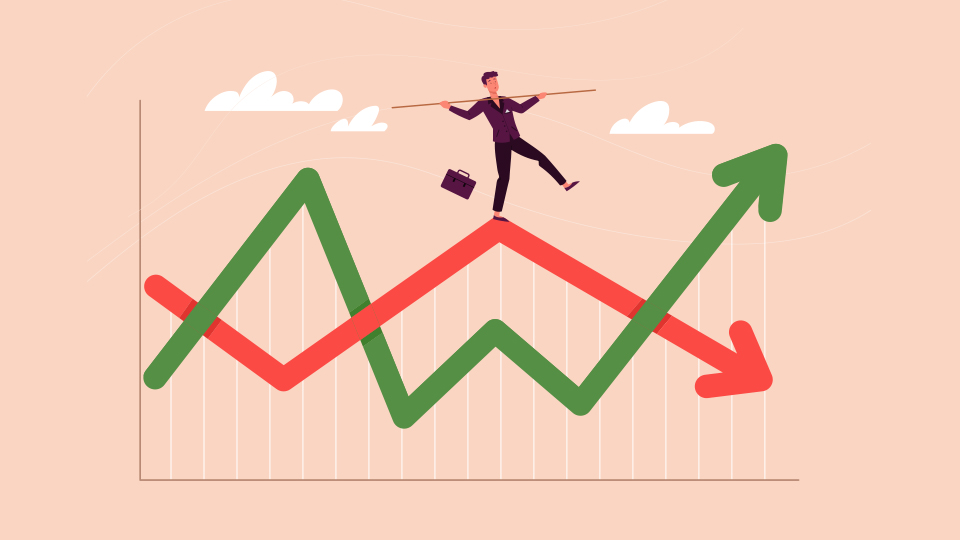Cautiously optimistic outlook for Australian share market ahead of post-pandemic recovery
The Australian share market is showing signs of improvement as the economy appears headed for post-pandemic recovery.
April 1, 2022

The March quarter brought with it increased volatility, with equity and bond markets undergoing major corrections.
Rising inflation and interest rates were the main drivers, along with Russia’s invasion of Ukraine, which raised geopolitical tensions and exacerbated inflationary pressures.
Sanctions on Russia will lead to reduced global supply of commodities (e.g. coal, oil, gas, metals and wheat) which particularly impacts Europe, the Middle East and North Africa. The geopolitical repercussions of Russia’s invasion were also wide ranging with the Western world likely to rethink the security of its supply chains and its borders.
Headline inflation in the US has reached 7.9 per cent and the US Federal Reserve (the Fed) is taking an increasingly hawkish tone.
This has seen bond yields rise rapidly, leading to weakness in bond prices and pressure on equity market valuations, particularly growth stocks. Commodities, particularly coal, oil and gas, have rallied in response to Russian sanctions.
US equity markets were down 15-20 per cent by mid-March but have since staged a rally ahead of the US 1Q22 profit season.
Global infrastructure has rallied, despite rising bond yields, as social restrictions relating to the COVID pandemic are relaxed.
China is still dealing with COVID issues and has been implementing hard lockdowns, which will continue to cause issues for global supply chains.
China also has property market issues in the background and has been easing policy, as the rest of the world tightens. This has seen Asian markets rally off their lows in late March.
The Australian share market outperformed global markets over the March quarter, due to a heavy exposure to resource and energy stocks, which make up about 25 per cent of the market. Indeed, the Australian economy is performing well, despite recent floods in Queensland and New South Wales.
Inflation is rising in Australia but at 3-4 per cent, is less of a problem than in the US. That said, the Reserve Bank of Australia (RBA) seems to be preparing to lift the cash rate in the second half of 2022.
Australian interest rates and the currency have already been rising in anticipation of a more hawkish RBA.
The federal election has been called for May 21, 2022. The federal government’s slow response to the COVID pandemic and recent floods has added pressure on the Morrison government, which continues to lag Labor in the polls.
The Australian economy should continue to benefit from a recovery from the COVID pandemic, buoyant commodity prices and moderate fiscal stimulus announced in the recent Federal Budget.
On the negative side, inflation and interest rates are rising and the housing market already seems to be slowing.
Share markets can be unpredictable, which is why it helps to seek the guidance of an experienced financial advisor.
If you need help navigating your investment portfolio, LDB’s wealth management experts are here to help.
To get in touch, call (03) 9875 2900 or send us details via the contact form below.
The Australian share market is showing signs of improvement as the economy appears headed for post-pandemic recovery.

Our team is taking a short break, with the office closed from 4pm Thursday 19th December 2024, reopening on Monday 6th January 2025. The Property department will be available for urgent matters and will operate in a limited capacity between 2nd and 5th January.
